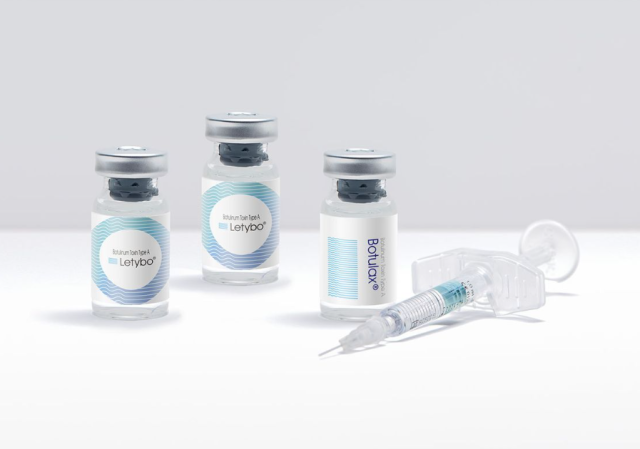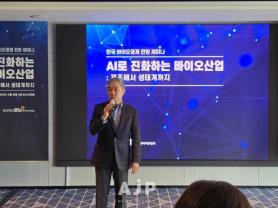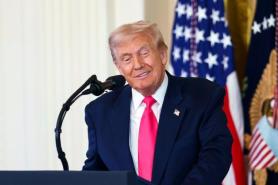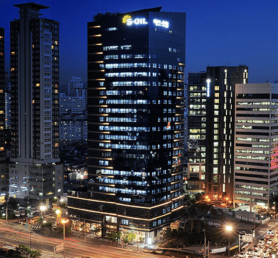
Botulinum toxin manufacturers and medical artificial intelligence firms are at the forefront of this push, aiming to tap into rising healthcare investments across the Gulf Cooperation Council (GCC) countries, industry officials said Tuesday.
Hugel, a leading South Korean aesthetic medicine firm, is awaiting regulatory approval to launch its botulinum toxin product, Botulax, in Saudi Arabia. Mirae Asset Securities expects the company’s botulinum exports to surge by 53 percent in the second half of 2025 compared to the first half.
The move follows Hugel’s market entries into Kuwait in 2023 via Medica Group and the United Arab Emirates this past May, positioning Saudi Arabia as its next major target.
Medytox, which also entered the Saudi market last year, is moving to establish the first Korean botulinum toxin manufacturing plant in the region. The firm signed an agreement in May with Dubai’s Tecom Group to construct the facility within Dubai Science Park, a strategic step toward localizing production.
Daewoong Pharmaceutical, another major player, has expanded its botulinum toxin product, Nabota, to five Middle Eastern markets since 2022. Export sales for Nabota reached 156 billion won ($120 million) in 2024, up from 108.2 billion won two years earlier.
The biotech push extends beyond aesthetics.
South Korea’s medical AI companies are also accelerating efforts to enter the region. Last month, Vuno signed a partnership with an Egyptian healthcare provider to distribute its AI-powered cardiac arrest prediction tool, DeepCAS, across Egypt, the UAE, Kuwait, and Saudi Arabia. The firm is currently navigating local regulatory approval processes.
Lunit, a Seoul-based medical AI startup, played a prominent role during this year’s Hajj pilgrimage in June, providing AI-assisted chest X-ray analysis to detect infectious respiratory illnesses such as tuberculosis, pneumonia, and Middle East Respiratory Syndrome (MERS). Since entering the region in 2023, Lunit has secured supply contracts with UAE’s SEHA health authority and Saudi Arabia’s Sulaiman Al-Habib Medical Group.
Analysts say the momentum is driven by the region’s push for economic diversification and aspirations to become global medical hubs. According to market research firm Research and Markets, the pharmaceutical market in the Middle East and Africa is projected to grow to $42.4 billion by 2030, expanding at a compound annual growth rate of 6.1 percent.
Copyright ⓒ Aju Press All rights reserved.




